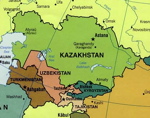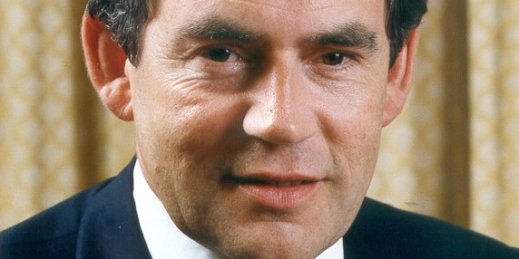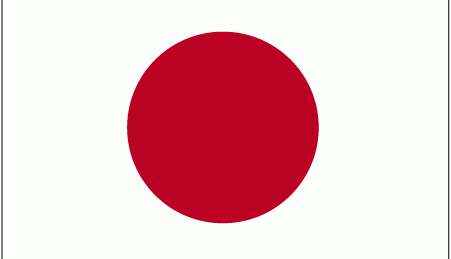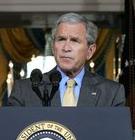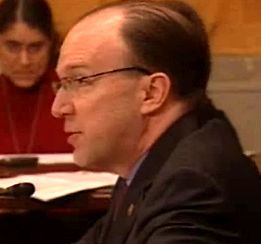
Most analysts of the Bush administration’s “surge” strategy in Iraq have focused on its military dimension, especially the prominent deployment of thousands of additional U.S. troops to Baghdad and other contested regions of the country. Another important element of the administration’s strategy, however, is the renewed effort to advance Iraq’s economic reconstruction with the provision of considerable new funding and other additional support. The first results of this economic surge are now in — and they do not look encouraging. According to a July 30 report of the Office of the Special Inspector General for Iraq Reconstruction (SIGIR), headed by […]

